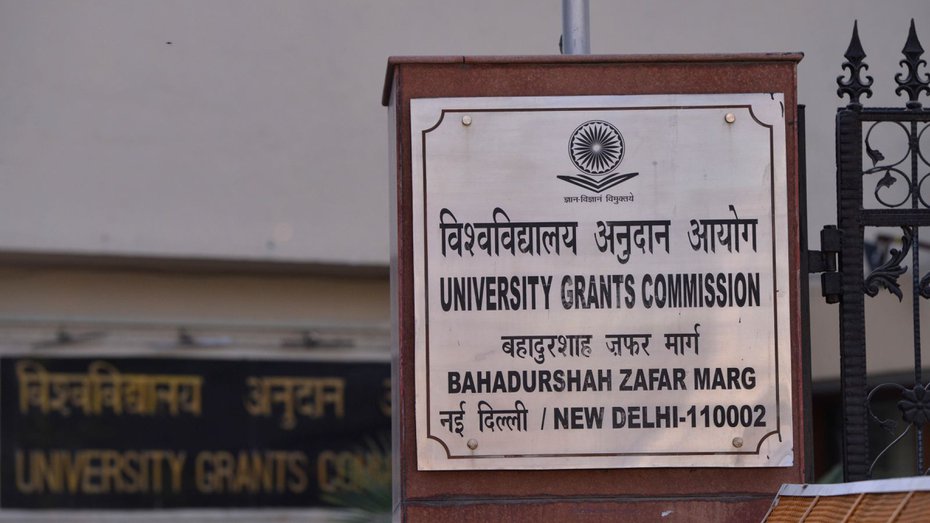The higher education regulator has advised universities and colleges offering general-stream courses not to force students to pay their full fees during the lockdown, but has not announced any extra grants for the institutions.
University Grants Commission secretary Rajnish Jain wrote to all the vice-chancellors of universities and principals of government and private colleges on Wednesday, asking them to explore “alternative payment options” for the students.
A UGC official said this means allowing the students to pay their fees in instalments or deferring the payment for a few months. He said the advisory was not binding.
Since the students have to pay the full fees at the beginning of the academic year (for 12 months) or a semester (for 6 months), they have already paid their fees for the current period of lockdown.
What the advisory is suggesting is that the institutions desist from seeking the entire fees at the start of the next academic session in July-August.
“It is requested that in view of prevailing extraordinary difficult circumstances, universities and colleges may consider the matter regarding payment of annual/ semester fee, tuition fee, examination fee, etc, sympathetically and if feasible, may consider offering alternative payment options to students till the situation returns to normal,” Jain’s letter said.
“If need be, the universities and colleges may consider individual requests from students, if any, concerning payment of fee, in a considerate manner, keeping in view the present Covid-19 pandemic.”
The fees vary greatly among the various public-funded and privately managed institutions, university officials said.
Delhi University colleges charge undergraduate students between Rs 10,000 and Rs 15,000 per six-month semester as admission, tuition, development and examination fees, an official said. Hostel boarders pay an additional fee.
Private universities charge between Rs 50,000 and Rs 5 lakh a year as tuition fee.
Rajesh Jha, a member of DU’s executive council, said the UGC should be giving extra funds to the public-funded institutions to help them not just defer the student fees but waive them altogether.
“The UGC doesn’t want to pay anything extra while trying to appear sympathetic to the students,” he said.
Jha emphasised that “more than 60 per cent students in public universities are from deprived sections like the Scheduled Castes, Scheduled Tribes and other Backward Classes”.
Just deferring payment, or allowing payment in instalments, is no relief at all for the students, many of whose parents have lost employment during the lockdown, he said.
“In recent years, the HRD ministry and the UGC have been reducing grants and asking the students to bear the burden,” he said.
“The language in this (Jain’s) letter does not reflect any change in their attitude of treating students as resource-generating entities.’
A teacher from Assam University, Silchar, said the students should be given not just a full waiver of all the charges — except food charges — but also of the interest on their education loans for the Covid-19 crisis period.
“Many of those who have taken loans may not get any jobs. Things have changed, so the interest should be waived,” the teacher, who requested anonymity, said.
R.P. Tiwari, vice-chancellor of the Dr Hari Singh Gour University, a central university in Madhya Pradesh, welcomed the UGC letter as “timely”.
“Universities will be able to devise their own models to help the students,” he said.
“In our university, we may go for instalment-based payment. Those who have UGC or state government scholarships will continue to have the option of paying their fees after they get their fellowships.”
While the UGC advisory applies only to the general stream, technical education regulator AICTE has already asked institutions offering professional courses to defer student fees until the lockdown had been lifted.
No such advisory has so far come for the medical or law courses from the Medical Council of India or the Bar Council of India.
The Education Promotion Society for India, which represents private educational institutions, has advised its member institutions not to ask for fees until the end of the lockdown.
Jain’s letter said the UGC had received complaints from parents and students that colleges and universities were insisting on immediate payment of annual and semester fees, which was becoming a strain on them.
Nearly 3.7 crore students are enrolled in higher education in the country.











